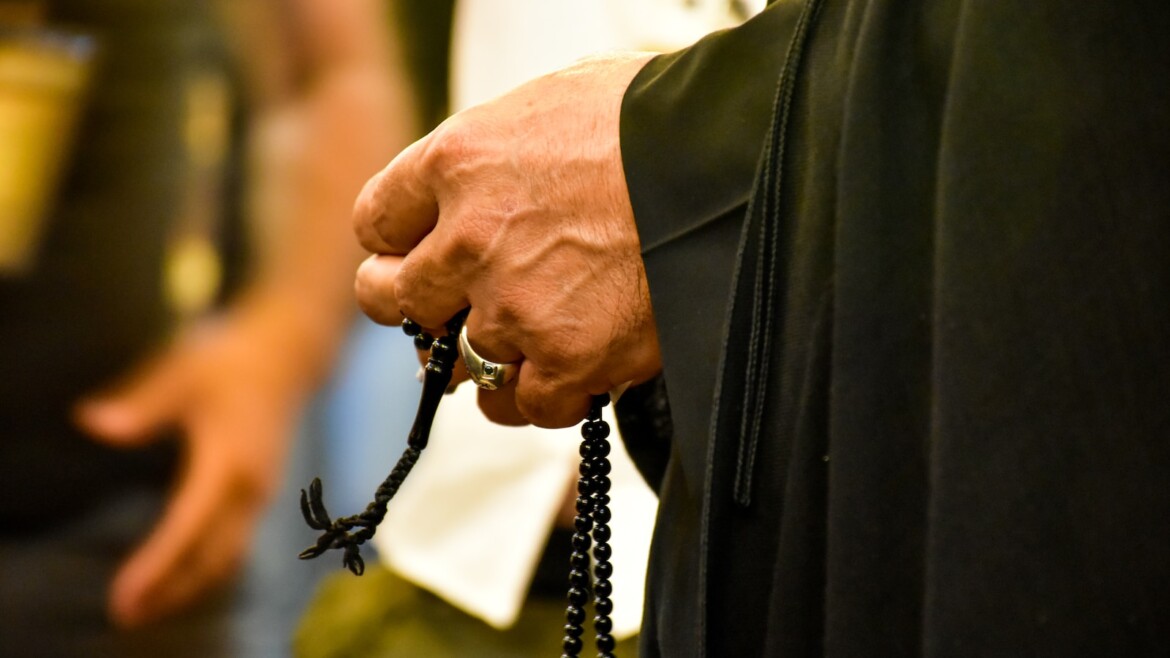Ramadan 10 in the Islamic calendar is traditionally believed to be the day when the first letter from the people of Kufa reached Imam Hussain ibn Ali. This event took place in the year 680 AD (60 AH), during Imam Hussain’s stay in Mecca.
The people of Kufa, a city in present-day Iraq, were dissatisfied with the oppressive rule of Yazid ibn Mu’awiya, who had recently become the caliph after the death of his father, Mu’awiya ibn Abi Sufyan. They were sympathetic to Imam Hussain’s cause and saw him as a potential leader who could challenge the unjust Umayyad regime and restore justice and righteousness to the Muslim community.
In response to the growing discontent and the desire for a change in leadership, the people of Kufa began to write letters to Imam Hussain, inviting him to come to Kufa and lead a movement against Yazid’s rule. These letters expressed their support for him and their willingness to stand by his side in the struggle for justice and the preservation of Islamic principles.
Upon receiving these letters, Imam Hussain deliberated on the matter and sought counsel from his companions and family members. The letters, along with his own sense of responsibility and commitment to upholding the values of Islam, played a significant role in his decision to leave Mecca and travel towards Kufa. However, this decision eventually led to the tragic events of the Battle of Karbala, where Imam Hussain and his small group of companions faced the overwhelming Umayyad army and were martyred on the day of Ashura.
The letters from the people of Kufa were instrumental in shaping the course of events that unfolded during the months following Ramadan 10. They demonstrate the level of support and admiration that many Muslims had for Imam Hussain and their yearning for a leader who would stand up against tyranny and oppression.
Today, the memory of the letters from the people of Kufa and their call for justice and reform continues to be remembered during the commemoration of the tragedy of Karbala, particularly on the day of Ashura, as Muslims from around the world honor the sacrifice of Imam Hussain and his companions and reaffirm their commitment to the principles of justice, compassion, and righteousness in Islam.

